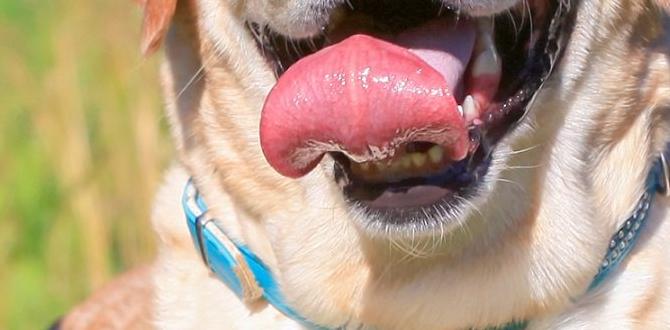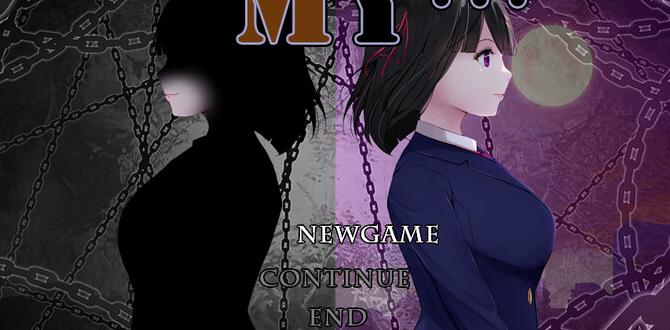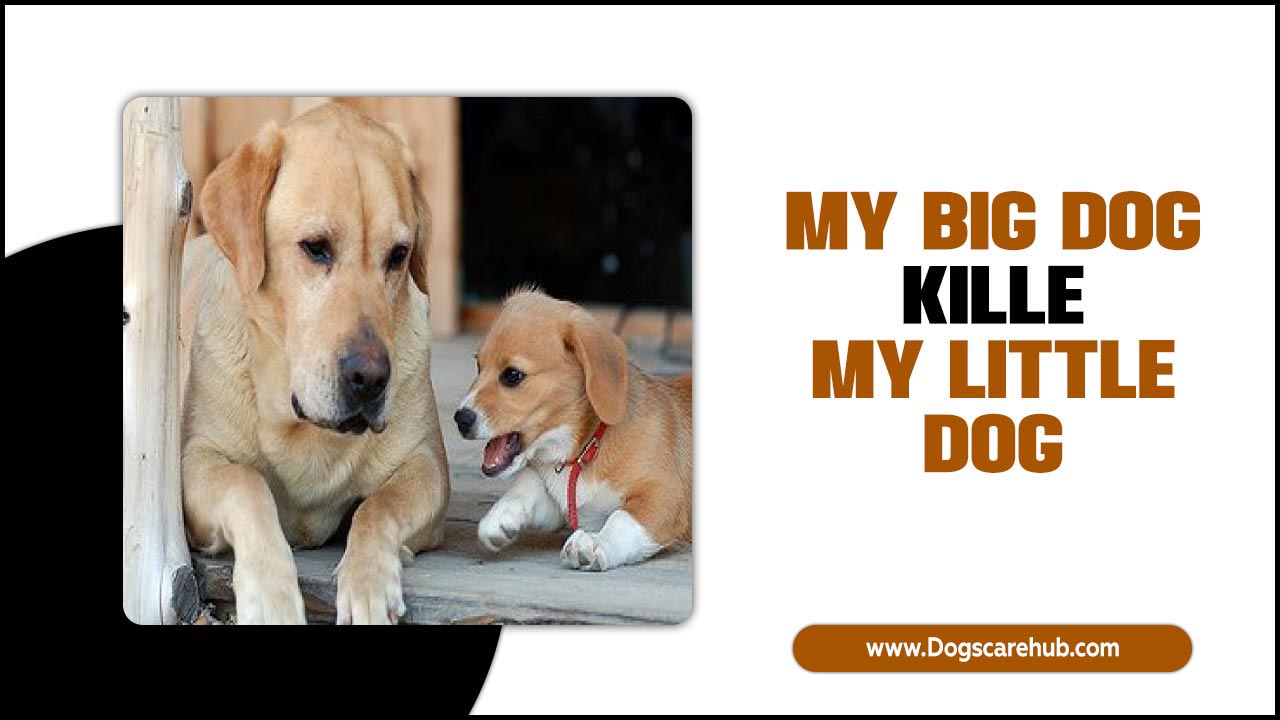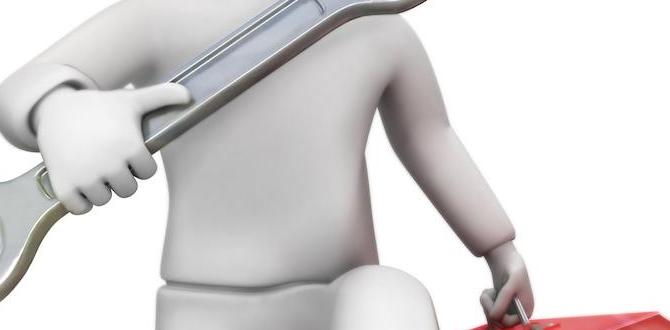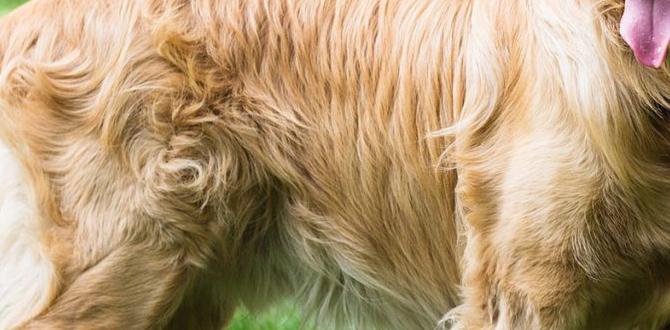Have you ever noticed your puppy nipping at your fingers or shoelaces? It can be surprising how much energy and excitement a small puppy has. But what should you do when your puppy bites too much? This behavior is common, but it can also be confusing for new puppy owners.
Imagine you’re playing with your furry friend, and suddenly, they start to chomp down on your hand. It might feel cute at first, but it can hurt. Why does this happen? Puppies explore the world with their mouths. They don’t mean to hurt you, but they don’t know the difference between playing and being too rough.
Some fun facts can help. Did you know that puppies use their mouths to play with littermates? They learn bite control while playing with their siblings. Without this experience, they might not understand boundaries with people. This article will guide you on why puppy biting happens and how to help your puppy learn to play gently.
Puppy Biting Too Much: Understanding Causes And Solutions
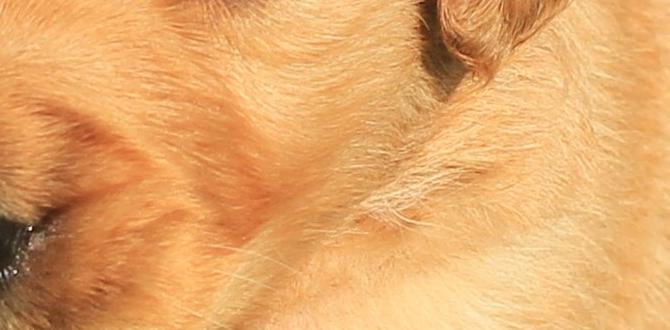
Puppy Biting Too Much
Puppy biting too much can be a common issue for dog owners. Puppies explore the world with their mouths, but when does it become a problem? Biting can hurt and scare us. Did you know that a puppy’s bite is a natural behavior that stems from playfulness and teething? Understanding why puppies bite is key. You can manage this by offering chew toys and setting firm boundaries. This helps your puppy learn acceptable behaviors and builds a stronger bond between you.Understanding the Causes of Puppy Biting
Explore the natural behavior of puppies and their need to chew.. Discuss common reasons for excessive biting, such as teething and playfulness..Puppies love to chew, and biting is part of their growing up! Imagine little gums itching, like a tickle you can’t scratch. Plus, they play, and their playful bites can get a bit too enthusiastic. Why do they do this? The main reasons include teething and their natural urge to explore. Teething can feel like chewing gum without flavor. It’s super uncomfortable!
Here’s a simple table showing the main causes:
| Cause | Description |
|---|---|
| Teething | Puppies need to chew to relieve sore gums. |
| Playfulness | They bite as a way to interact and have fun! |
| Exploration | Puppies explore the world with their mouths. |
Understanding these reasons helps you guide your pup away from your favorite shoes and toward chew toys!
The Importance of Socialization for Puppies
Explain how socialization can help reduce biting behavior.. Provide tips on proper interactions with other dogs and people..Socialization is key to helping puppies learn good behavior. Meeting other dogs and people can reduce puppy biting too much. This exposure teaches them how to play without using their teeth. It helps them feel safe and calm.
- Introduce your puppy to different breeds.
- Visit dog parks during off-hours.
- Encourage gentle play with kids and adults.
- Use treats to reward good behavior.
Socializing makes your puppy friendly and confident. This can lead to less biting. Remember, the more experiences they have, the better behaved they become!
How does socialization help reduce biting?
Socialization helps puppies learn which behaviors are friendly and which are not. By interacting with others, they understand better how to play and behave.
Effective Training Techniques to Curb Biting
Detail positive reinforcement methods to discourage biting.. Suggest specific commands and cues to teach puppies..Teaching your puppy not to bite can be fun and rewarding! Try using positive reinforcement. That means giving your puppy a treat or praise when they play gently. If they bite too hard, say “ouch” and stop the play for a moment. This teaches them that biting means playtime is over. Use commands like “leave it” or “no bite” to guide them. Remember, puppies love snacks, so use them wisely!
| Command | Action |
|---|---|
| Leave it | Stop biting something |
| No bite | Soft play only |
With patience, your puppy will learn to be a gentle friend instead of a mini shark! Who knew training could be so much fun?
Redirecting Puppy Behavior: Alternative Solutions
Recommend appropriate chew toys and safe alternatives for biting.. Discuss the use of interactive games to engage puppies constructively..Puppies love to chew, but not everything is safe. To keep your furniture safe, get them soft chew toys or rubber bones. These can make chewing a fun game instead of a mess! Interactive games are also great. Try tug-of-war or fetch with a ball. It’s a win-win! Your puppy gets exercise, and you get a happy pup instead of a biting tornado. Plus, busy puppies are less likely to bite your favorite shoes!
| Recommended Chew Toys | Safe Games |
|---|---|
| Soft chew toys | Tug-of-war |
| Rubber bones | Fetch with a ball |
Recognizing Signs of Stress or Anxiety in Puppies
Identify behaviors that may indicate discomfort or fear leading to biting.. Discuss how to address these underlying issues..Puppies can show signs of stress or fear that may lead to biting. Pay attention to their body language. If their tail is tucked or they are avoiding eye contact, they might be uncomfortable. Even playful biting can be a mask for anxiety. Address these issues by creating a calm environment. Use positive reinforcement to teach them that being gentle is the way to go. Remember, a relaxed puppy is a happy puppy!
| Signs of Stress | What to Do |
|---|---|
| Tail tucked | Give them space |
| Averting gaze | Use calming words |
| Excessive barking | Distract with toys |
Like humans, puppies can feel overwhelmed. Happy pups are gentle pups! So, let’s keep a watchful eye and help them feel at ease.
When to Seek Professional Help
Outline scenarios where professional training or behaviorist assistance is needed.. Share resources for finding qualified trainers and behaviorists..If your puppy bites, and it’s turning into a bite-fest, it may be time to call in the pros. Scenarios needing help include continued biting after basic training or if it feels dangerous. Puppy nibbles can be cute, but if it feels like wrestling with an alligator, get help! Trainers and behaviorists can offer guidance and tailor plans for your feisty friend.
| Resource Type | Details |
|---|---|
| Professional Trainers | Search local listings or ask at pet stores. Many trainers offer puppy classes. |
| Behaviorists | Look for certified behaviorists online or at veterinary clinics. |
Classes can teach skills and build a great bond. Remember, a happy puppy makes for a happy home!
FAQs About Puppy Biting
Provide answers to common questions surrounding puppy biting.. Address misconceptions and provide practical advice for new puppy owners..Puppy biting can be confusing for new pet owners. Many wonder why it happens and how to handle it. It’s normal for puppies to bite during play. However, if it’s too much, there are ways to manage this behavior. Below are common questions and answers about puppy biting:
Why do puppies bite?
Puppies bite as a way to explore their world. They use their mouths to learn and play. It’s like a little kid learning about things by touching them.
How can I stop my puppy from biting too much?
Provide chew toys and redirect their biting. Offer something safe for them to chew. If they bite you, calmly say “no” and give them a toy instead. This helps them learn what is okay to bite.
Is puppy biting a bad sign?
No, it’s a normal part of their growth. However, teaching them limits is key. They need to know when their biting hurts. If you’re consistent, they will learn.
- Be patient and firm.
- Socialize your puppy with other dogs.
- Use positive reinforcement for good behavior.
With time and training, your puppy will learn to bite less. Enjoy this learning journey with your furry friend!
Conclusion
In conclusion, if your puppy bites too much, remember to stay calm and consistent. You can redirect their energy with toys and teach them “no” gently. Socializing with other dogs helps too. Be patient, as training takes time. For more tips, consider reading about puppy training or seeking help from a professional. Together, we can make your puppy’s biting manageable!FAQs
What Are Effective Techniques To Discourage A Puppy From Biting Excessively?To stop your puppy from biting too much, you can try a few simple tricks. First, give your puppy a chew toy when they start to bite. This helps them know what they should bite. If they bite you, say “No!” in a firm voice and stop playing for a moment. Lastly, make sure your puppy gets lots of exercise to keep them tired and happy!
At What Age Do Puppies Typically Start To Learn Bite Inhibition, And How Can This Process Be Facilitated?Puppies usually start learning bite inhibition around 3 to 4 months old. You can help by playing gently with them. If they bite too hard, make a little yelp and stop playing for a moment. This teaches them that hard bites end the fun. You can also use toys to help them learn what is okay to bite.
How Can Socialization With Other Dogs Or People Help Reduce A Puppy’S Biting Behavior?When you let your puppy play with other dogs and people, it learns how to behave better. Socialization helps your puppy understand that biting can hurt others. If your puppy plays gently, it gets more fun and friends. The more it practices, the less it will bite. This helps your puppy grow up to be friendly and well-mannered.
What Role Does Playtime And Exercise Play In Managing A Puppy’S Biting Tendencies?Playtime and exercise are super important for puppies. When you play with them, they use up energy. This helps stop them from biting out of boredom. If your puppy gets enough exercise, they are calmer and listen better. So, make sure you play and take walks every day!
Are There Specific Toys Or Tools Recommended To Redirect A Puppy’S Biting Behavior?Yes, there are great toys to help stop a puppy from biting. You can use chew toys made of rubber or rope. These are fun and safe for them. You can also try stuffed toys or squeaky toys. When your puppy bites, give them one of these toys instead!
Meet Elyse Colburn, the devoted canine companion and storyteller behind the enchanting world of “Tales, Tails, and Adventures Unleashed.” A passionate dog enthusiast with a heart full of paw prints, Elyse Colburn shares heartwarming tales and insightful adventures, celebrating the joy, loyalty, and endless antics that make every dog a true hero. Join Elyse Colburn on this tail-wagging journey, where every post is a love letter to our four-legged friends.

